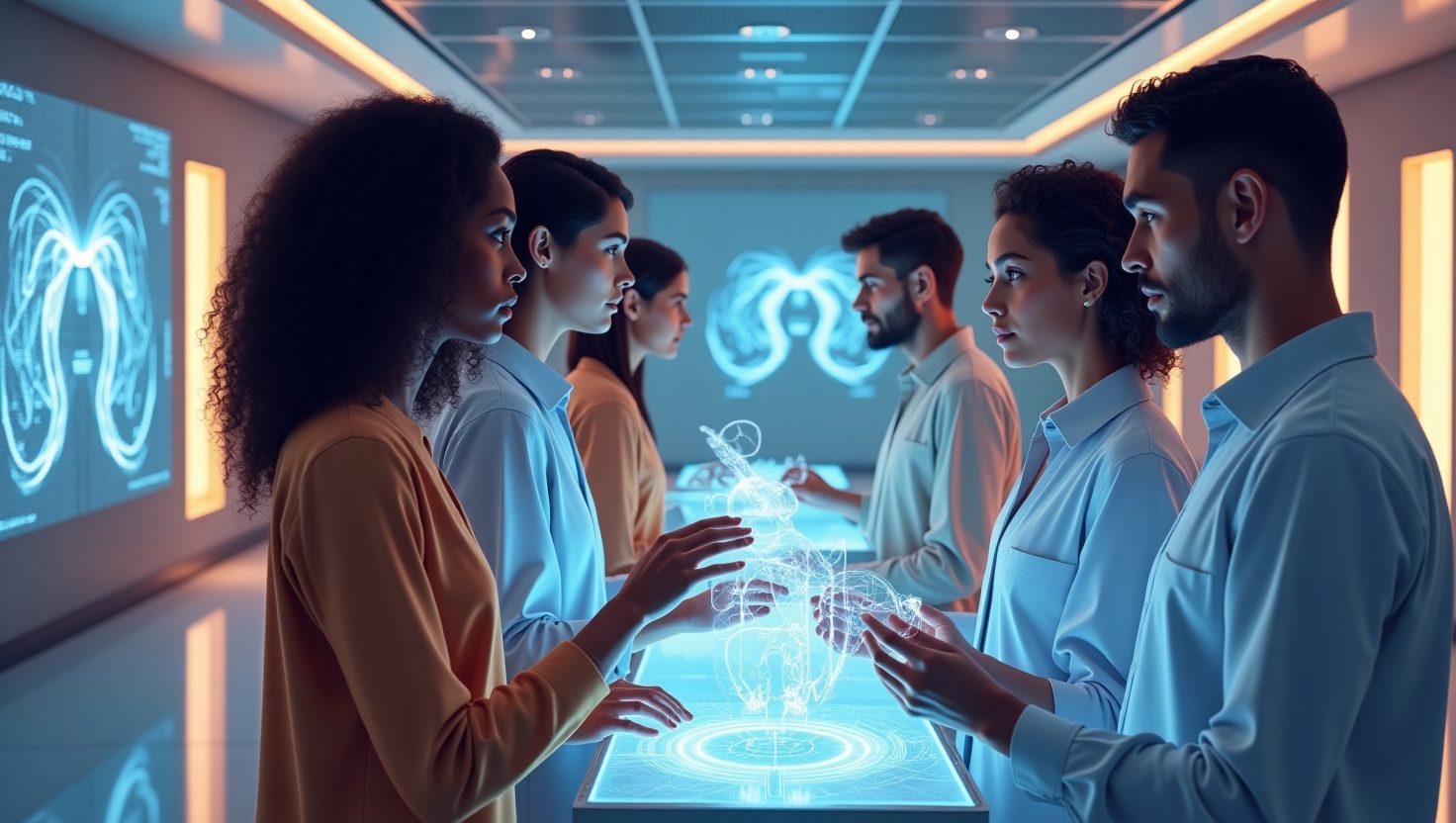The Future of User-Owned AI: Empowering Individuals with Technology
Introduction
As we stand on the cusp of a digital revolution, user-owned AI is emerging as a transformative force, challenging the monopolized stronghold of traditional tech giants. In a world where digital boundaries are fiercely protected, this new wave is set to redefine digital rights and reshape the core tenets of technological ownership. Crypto technology and open-source software are the unsung heroes, forging a path toward a more equitable digital future where users hold the reins of their AI tools. The potential upheaval sparked by this shift is not just about technology; it’s about reclaiming autonomy and rewriting the digital narrative.
Background
Centralized entities have long dominated the AI landscape, treating user data as a currency in exchange for services. However, the winds of change are ushering in a paradigm shift. Today, digital rights are gaining prominence, rallying for a reassessment of what it means to own and control one’s digital existence.
Drawing on the analogy of a library, think of centralized AI as libraries with locked shelves; users can only read what is handed over. In contrast, user-owned AI is the key to open those shelves, exploring and utilizing all knowledge without middlemen. This ethos is intertwined with the principle of self-sovereignty, advocating for personal control over digital tools—an ideal largely supported by the burgeoning field of decentralized finance (DeFi), where financial services operate without central oversight, empowering users with ultimate control. This movement is mirrored in AI, with user-owned agents poised to restore balance. Read more about user-owned agents and decentralization.
The Trend of User-Owned AI
In an era characterized by an unquenchable thirst for decentralization, user-owned AI stands as a beacon of empowerment. This trend isn’t just about technology; it’s about creating a robust framework that champions the user’s role in the tech ecosystem. Cryptocurrencies have already proven their worth by challenging the foundation of traditional finance. Similarly, open-source software is heralded as the bedrock for user-owned AI, enabling transparency and fostering trust among users.
One notable example is the rise of decentralized platforms like Signal and Mastodon, which prioritize user privacy and autonomy over data sprawling. These platforms act like DeFi, but for social interactions—decentralized, user-centric, and resistant to external tampering.
Insights into User Ownership
The allure of user-owned AI lies not only in its innovative promise but also in its profound implications for individuals and society at large. It paves the way for enhanced self-sovereignty, granting individuals unprecedented control over their digital interactions. As quoted in a related article, \”McKinsey estimates generative AI could add $4.4 trillion to the global economy each year,\” signifying immense potential for empowerment and economic growth.
Consider the phenomenon of Linux, an open-source operating system that has democratized computing. Similar to Linux, which offers users open access to its kernel, user-owned AI could enable a digital environment where individuals tailor their AI engines to their exact requirements, breaking free from generic, one-size-fits-all AI solutions.
Conclusion
The rise of user-owned AI signals a provocative shift—one that promises to redistribute power to the masses, heralding a future where ownership and control are truly democratized. With crypto technology and open-source software laying the groundwork, the potential for a decentralized, user-driven AI world is limitless. This evolution urges us to ask: Are we ready to own our future, or will we remain shackled by systems of the past? As technology continues to evolve, embracing user ownership might just hold the key to a more equitable, transparent, and empowered digital era.

